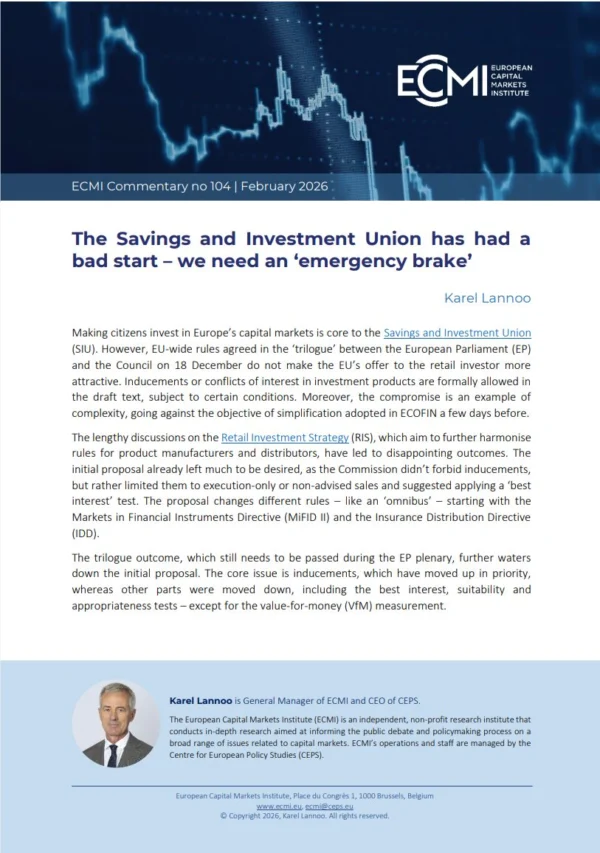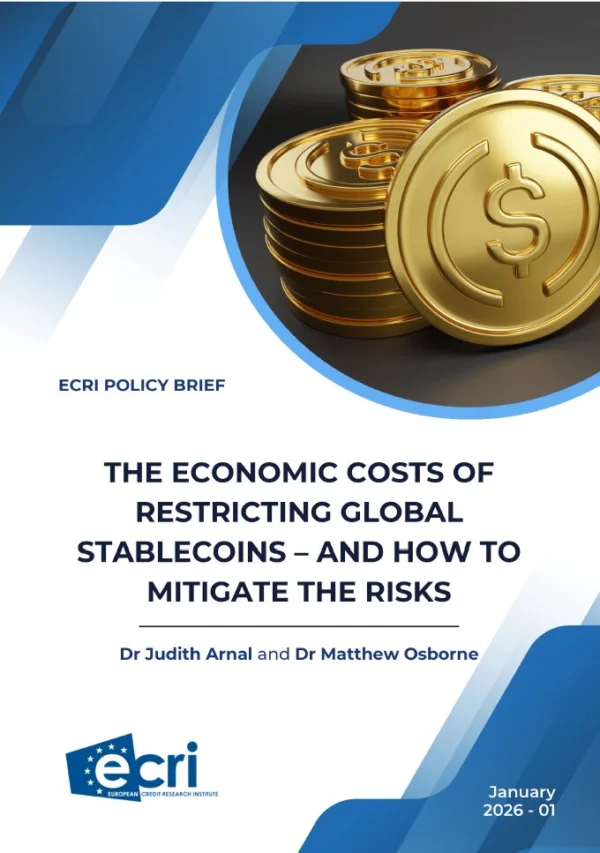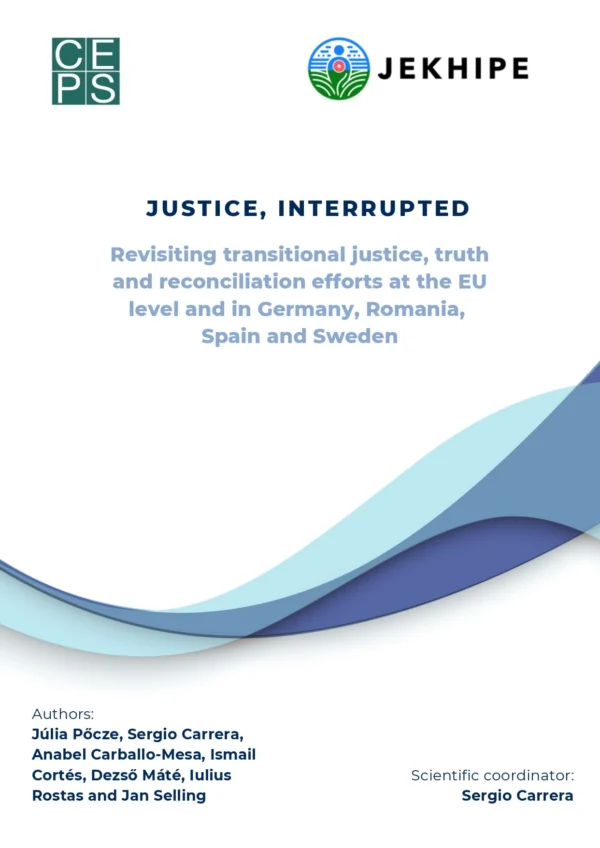Brazil has a dual identity as a Latin American country and one of the BRICS (Brazil, Russia, India, China and South Africa). The regional and global dimensions of Brasilia’s foreign policy have been closely intertwined. Inspired by the idea of development and autonomy in the last ten years, Brazil has assumed a stronger regional leadership role. The result has been the emergence of a South American space, with Mercosur and Unasur as the main integration schemes. For Brazil, regionalism is not only a goal in itself but also an instrument for exerting global influence and for ‘soft-balancing’ the United States. Washington’s lower profile in the region has facilitated Brazil’s rise as a regional and even continental player, with a strong influence on the Latin American puzzle composed of many different pieces or concentric circles.
This study was prepared in the context of the CEPS-FRIDE project on the EU-Brazil Strategic Partnership, funded by the Gulbenkian Foundation. Susanne Gratius is a researcher at FRIDE in Madrid and Miriam Gomes Saraiva is at the University of Rio de Janeiro.












